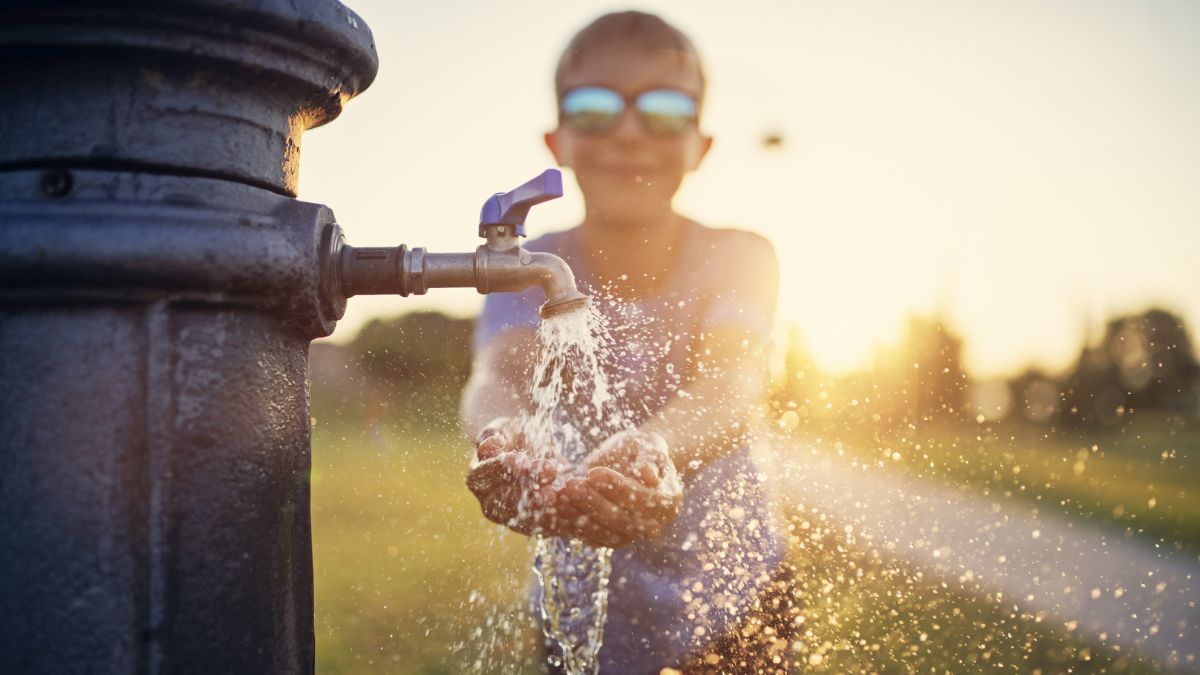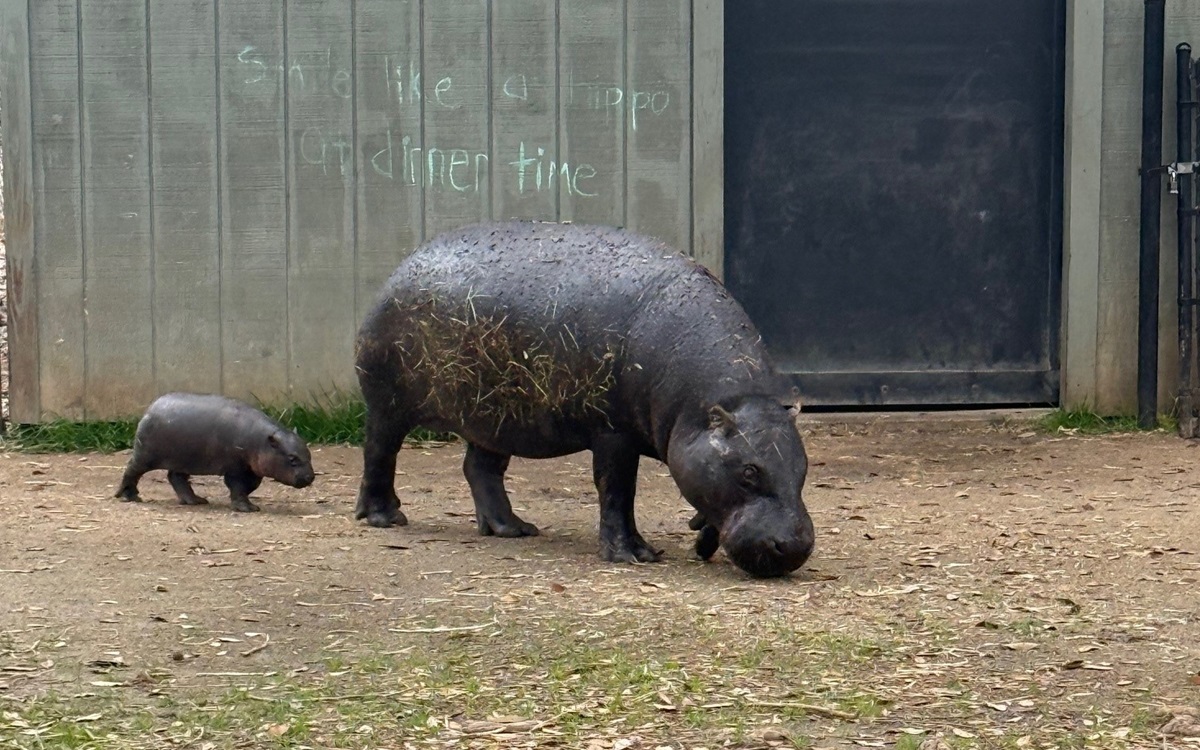Beat the Alabama heat by staying hydrated this summer

With temperatures in the 90s and upward, it's important to stay hydrated. Keep children's hydration needs in mind, too, because they may not stop to drink water while playing. (Getty Images)

Dr. Ksenia Blinnikova (UAB)
Heat-related deaths and illnesses are preventable. Despite this fact, more than 600 people in the United States die from extreme heat every year, according to the Centers for Disease Control and Prevention.
Drinking enough fluids is one of the most important things to prevent heat-related illness. Dehydration occurs when people lose more fluid from the body than they take in. When this happens, the body does not have enough water and other fluids to carry out its normal functions. Dehydration can cause changes in electrolytes, which affect many systems and organs of the body, including the heart, brain and kidneys.
Some mild symptoms of dehydration include lethargy, confusion, fatigue, increased thirst, dry mouth, headache, constipation and decreased urination. Severe symptoms of dehydration include dizziness, rapid heartbeat, rapid breathing and fainting.
“Dehydration can result from loss of water and sodium from the gastrointestinal tract due to vomiting, diarrhea and bleeding,” said Dr. Ksenia Blinnikova, an assistant professor in the University of Alabama at Birmingham Department of Family and Community Medicine and a physician at UAB Family and Community Medicine. “It can also be caused by loss of water and sodium in the kidneys or in the skin due to sweating, sunburns and some medical conditions.”
Blinnikova said it is important for people planning to stay in the heat for an extended period of time to carry a bottle of water with them everywhere they go and limit their consumption of caffeinated drinks, including coffee, tea and sodas, as these can cause a person to lose more body fluids.
“An easy rule of thumb is to drink 1 milliliter of fluids for every calorie consumed,” Blinnikova said. “In other words, if you eat 2,000 calories per day, then you should drink 2,000 milliliters of fluids per day, which equals about 68 ounces. To help you determine the exact amount you should be drinking a day, I recommend talking with your primary care provider.”
For those who do not enjoy drinking plain water, Blinnikova said drinking flavored water, water with flavoring additives and sparkling water are also a way to stay hydrated. She stresses the importance of staying away from caffeinated beverages and beverages with added sugar to help prevent becoming dehydrated.

Eating water-rich vegetables and fruit is another good way to stay hydrated. (A. Chramer / Alabama NewsCenter)
In addition to drinking plenty of fluids, Blinnikova recommends eating water-rich foods that are full of nutrients. She recommends oranges, grapefruit, melons, celery, cucumbers, tomatoes, green peppers and lettuce.
“When you are out in the heat for long periods of time, staying hydrated matters more than ever,” Blinnikova said. “By consuming enough water and hydrating foods, you can meet your body’s hydration needs and stay healthy and active all summer long.”
This story originally appeared on the UAB News website.






